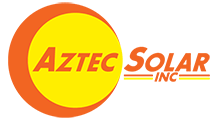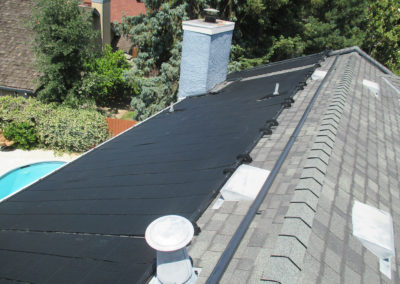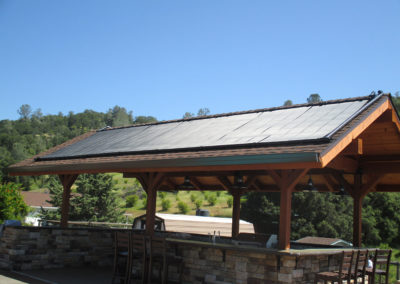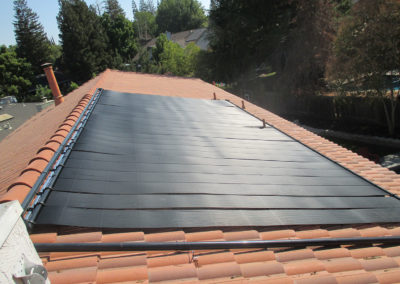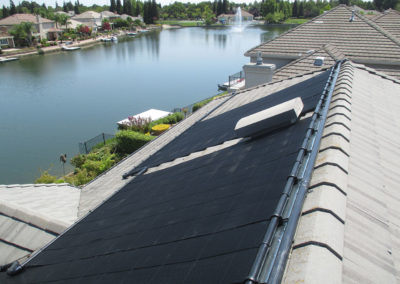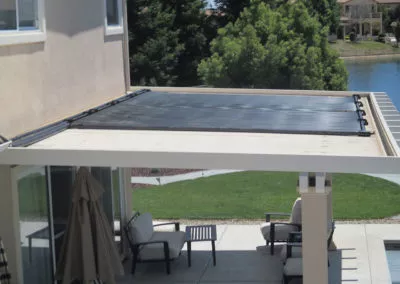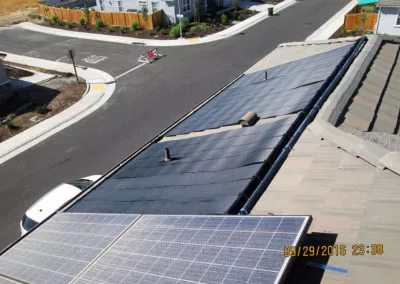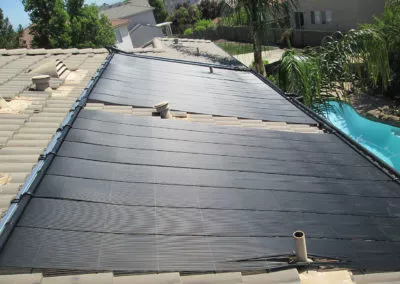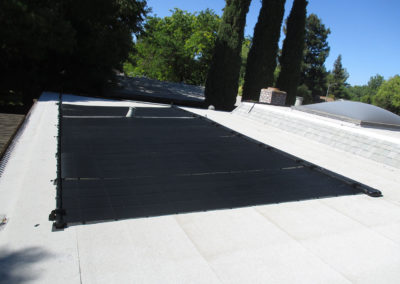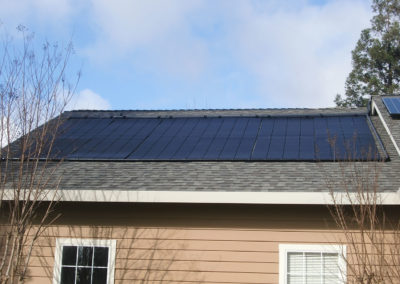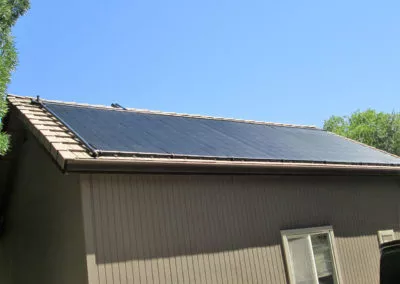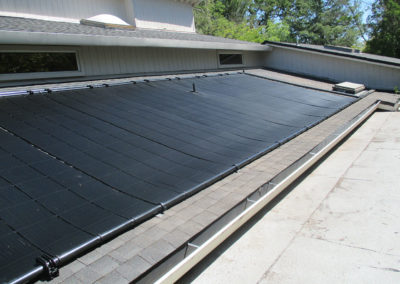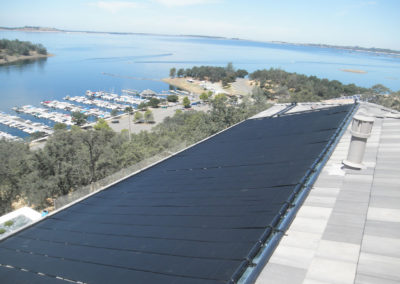DOUBLE YOUR SWIM SEASON!
On Average from mid-April through mid-October
HOW DOES SOLAR WORK FOR YOUR POOL?
A pump, usually your existing pool pump, pushes water through a filter to strain leaves and debris. The water is then pumped into a Heliocol solar panel where it is substantially heated. The sun-warmed water flows back into your pool, heating it to your desired temperature.
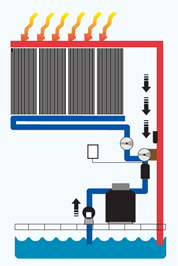
THE HELIOCOL ADVANTAGE

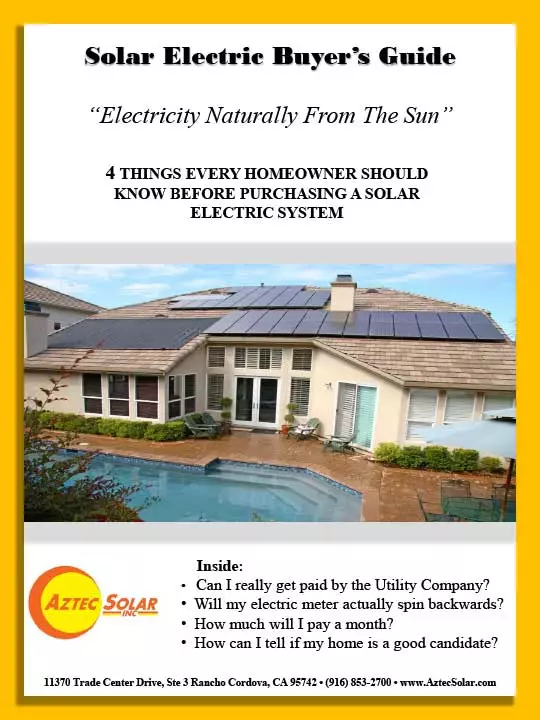
Download your FREE Solar Electric Buyer’s Guide
| The Feature | The Advantage |
|---|---|
| Patented individual tube design | Allows expansion and contraction, eliminating cracks and leaks. Allows roof to breathe, keeping it clean and dry. |
| Patented mounting hardware | Eliminate hoses, clamps and straps. No gaps between panels for smoother look; less than half the number of roof penetrations (if any). |
| One-piece overmolded construction | Eliminates welds and weld leaks. |
| Hurricane resistant | Can withstand hurricane force winds; Heliocol panels are approved by most property and casualty insurance carriers. |
| Low collector-head loos rate | Reduces pump requirements. |
5 Things to know about solar WATER HEATING
What is Solar Pool Heating?
The solar system uses solar panels on the roof to run filtered pool water through the panels to heat the water.
Is Solar Pool Heating Effective?
Of all the options available to heat your pool, solar energy offers the best value, dollar for dollar than any other method available. In fact, solar pool heating is so effective that it is the largest use of solar energy in the world…accounting for over 90% of all solar collector shipments.(Source: Department of Energy Solar Collector Activity Report) The plain truth is that solar pool heating works! That’s why over 300,000 pool owners have already purchased solar systems for their pools and why the number grows every year. Although the initial cost of a solar heater is higher than a gas or an electric heater, the heat source is free. Because gas and electricity goes up every year, most people stop using the heaters.
How warm can my pool get?
The performance of the system is based on ambient air temperature. When the outside air temperature is consistently on the 80 degree range or higher, you can expect 7-12 degrees warmer water temperatures than a pool would be heated naturally.
How do I know the size of system needed?
One of the major considerations of pool heating systems is the amount of panel surface area that is required to offset the heat loss from the pool surface. This relationship is of the utmost importance to ensure proper solar contribution to the heating load of the pool. The percentage of pool collector surface to pool surface varies with geographic location, microclimates, orientation, pitch, and during a southern exposure in any northern hemisphere location. However, an orientation with 45 degrees of south will not significantly reduce performance as long as shading is avoided. Even using a due west exposure will work well if the sizing is increased to compensate for this less satisfactory situation.
What are the Economics of Solar Pool Heating?
The economics of pool heating using solar heating has become a much simpler issue in recent years. Due to the rising costs of whatever conventional method is used to heat the pool, solar is a very viable alternative. Anyone who heats their pool knows exactly how much it costs. Comparing this to the cost of solar, clearly determines how long it will take to recover the initial investment. Generally a system pays for itself in less than three years. From then on, the pool will be heated for free for the life of the system, from 15-20 years. In many residential situations where the pool is not being heated, the owners must only decide whether they want to use their pools or see this rather sizable investment sitting unused for the majority of the year. Regardless of the method used to heat a pool, the economics and warmth of the pool are further improved by using a cover to retain as much of the collected heat possible. This is of further benefit economically by reducing chemical requirements and water loss through evaporation, a significant concern in water-starved California.

